
The Top Stories of Summer 2025
Welcome back to a new year at Frederick High School! While the students and staff took the summer off, the news didn’t stop. From environmental emergencies to political controversies, a lot happened during Summer 2025. Here are some of the most important news stories from June, July, and August that happened during The Lantern’s hiatus.
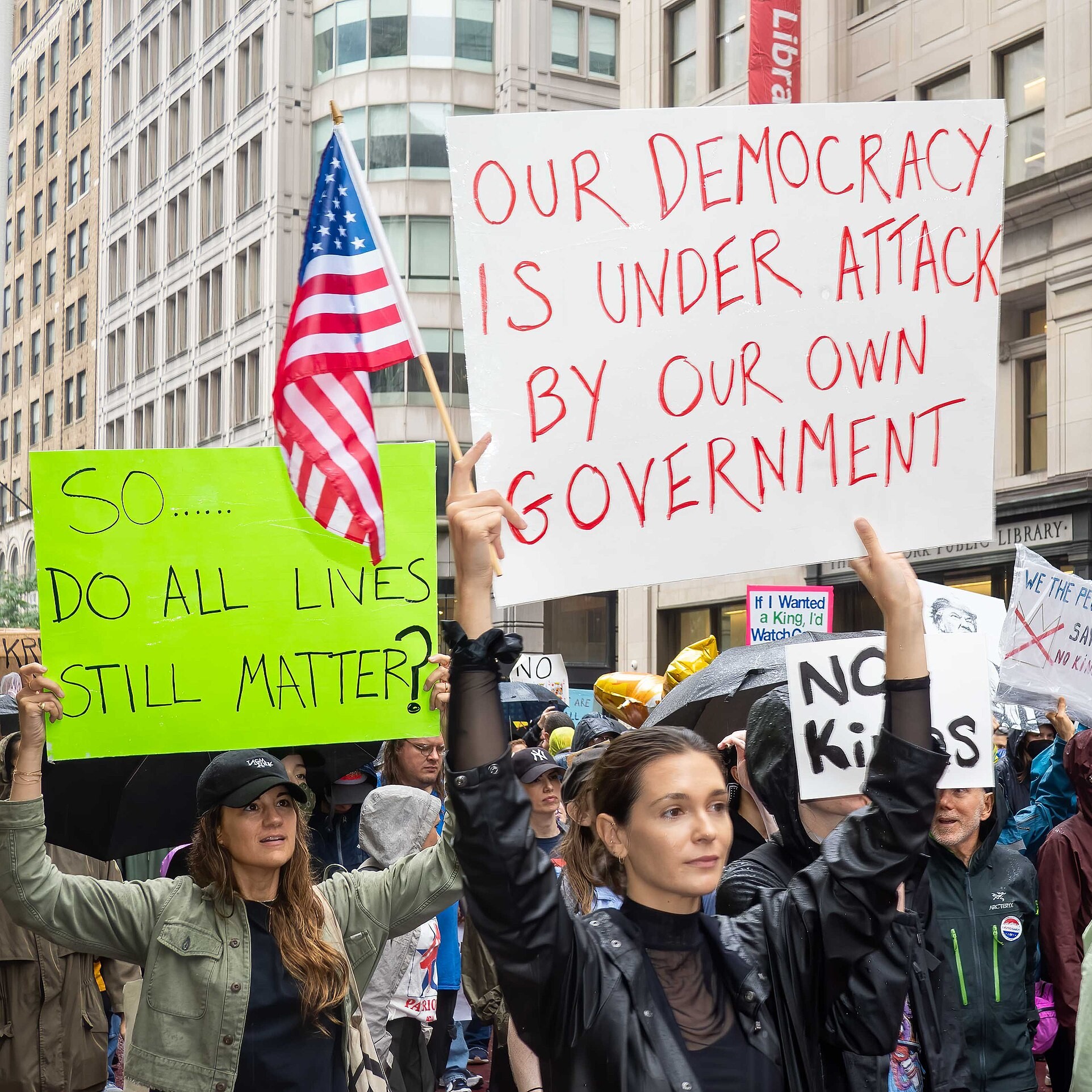
On July 14, America held the largest protest in US history to declare that the US is a place with no thrones, no crowns, and no kings. Organized by Colorado-based American Opposition and the 50501 Movement, the protests was held on President Donlad Trump’s birthday to push back against the radical and unprecidented actions of his second administration.
Nearly 2% of the US population lined the streets to wave flags, lift homemade signs, and chant missives against the Trump regime. Afffliated protests were held in over 2,000 locations from Nome, Alaska to San Juan, Puerto Rico–even some international cities held protests in Canada, Europe, Asia, South Africa, South America, Costa Rica, and Mexico.
The only two major US cities without protests were Minneapolis, where Governor Tim Walz cancelled the protest in the wake of a political assassination of two state Democratic lawmakers, and Washington, D.C., where the US military shut down the streets to stage a parade for their 250th anniversary.
This protest was almost entirely peaceful, with a single fatality at the Salt Lake City protest from a police officer protecting the protestors from an armed counterprotestor.
In response to the protests, Trump deployed over 2,000 members of the National Guard to Los Angeles, where the largest protests was held, to “keep the peace.” These joined the 200 already sent to LA a week earlier despite objections from Mayor Karen Bass and Governor Gavin Newsom.

On June 13, the Israeli government started conducting bombing raids on Iran after claiming that Iran was developing nuclear weapons. Iran responded that their nuclear program was entirely peaceful and launched their own bombing raids against Israel.
As the two countries fought, Israel lobbied the US government for help destroying Iran’s underground labs used for refining nuclear material. American has the only military in the world with Massive Ordnance Penetrators (or MOPs) with the ability to penetrate the 200 ft. of rock. between the surface and the Iranian labs.
On June 22, the US finally took action. Secretary of Defense Pete Hegseth ordered an early morning air assault on three of Iran’s most secure nuclear facilities at Natanz, Fordo, and Isfahan. The three-pronged strike, codenamed Operation Midnight Hammer, was the most significant direct military action against Iran in decades.
While President Trump claimed the strike was a “spectacular military success,” his administration was slammed for taking such a reckless action that could lead to war without Congressional approval. Experts in nuclear energy have also questioned the success of the mission, as there is some evidence that Iran moved their stockpile of nuclear materials from the labs before the bombing. Nevertheless, the bombing by the US worked to secure a ceasefire between Israel and Iran.

Sean “Diddy” Combs, one of the most prolific rappers of the 2000s and 2010s, hit the nadir of his successful career on July 2 when a federal court in Manhattan found him guilty on two charges of transportation to engage in prostitution.
These legal troubles for Combs started in November 2023 after several women came forward with sexual assault allegations, including his longtime partner Cassie Ventura and a girl who was 16 at the time of her assult. These claims led to a federal investigation into the notorious parties Combs threw for his celebrity friends. This led music producer Rodney Jones Jr. to go public with allegations that Combs groomed him and others into prostitution.
Combs was arrested on September 16, 2024 and charged with five counts of sex trafficking, racketeering, forced labor, and transportation to engage in prostitution. His trial began on May 12. While Combs was found not guilty of racketeering and sex trafficking, he was found guilty on two counts of transportation to engage in prostitution.
Combs’ sentencing hearing is set for October 3, and he is expected to receive between 21 and 27 months behind bars. While this may seem like a light punishment to some, the conviction has hurt Combs in other ways. After being charaged, Combs was forced to sell his stake in 18 companies, including vodka brand CIROC and his own clothing line Sean John. He also faces a massive civil lawsuit from over 120 plaintiffs accusing Combs of assault, sexual assault, and exploitation.
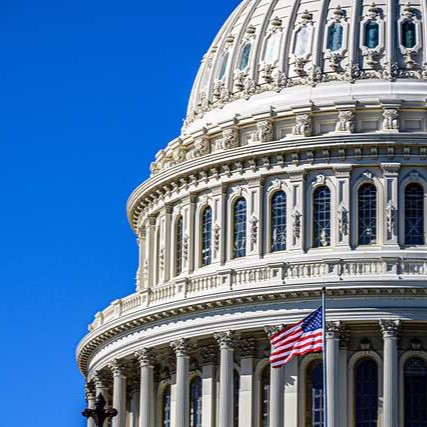
While the 119th Congress has only passed a paltry 34 bills as of writing, one of those bills–HR1, or the “One Big Beautiful Bill”–is the most consequential spending bill in US history. The Congressional Budget Office estimates the legislation will add $3.4 trillion dollars to the federal deficit over the next decade while cutting funds for popular government programs.
The massive debt created by HR1 comes from its changes to federal taxes. The bill quadruples the cap on the amount of deductions one can take on their taxes and allows workers to deduct up to $25,000 of income earned from tips or overtime until 2028. Deductions for research and equipment for businesses also expanded under HR1, and the result will be a decrease of $4.5 trillion in government revenue.
To “offset” this shortfall, HB1 contains $1.1 trillion in budget cuts. The most dramatic cuts are to Medicaid, the federal program that provides health insurance to 20% of Americans. The annual budget cuts to Medicaid will gradually increase year over year, from $45 billion less in 2026 to $75 billion less in 2034. As a result, an estimated 16 more million Americans will be without healthcare over the next decade, and over 300 rural hospitals will go bankrupt and shut down, including six in Colorado, according to the American Hospital Association.
HR1 also will wind down clean energy rebate programs, shift most of the financial burden for SNAP to the states, eliminates student loan deferment and forgiveness programs, and makes it more difficult to claim charitable donations on taxes (unless thos donations happen to be to a private school).
This isn’t to say that all programs are seeing a cut: notably, the bill more than tripled the budget for Immigration and Customs Enforcement, which is now outranks every branch of the US armed forces in funding (and that’s even after applying the 13.4% increase given to the Department of Defense budget starting next year).
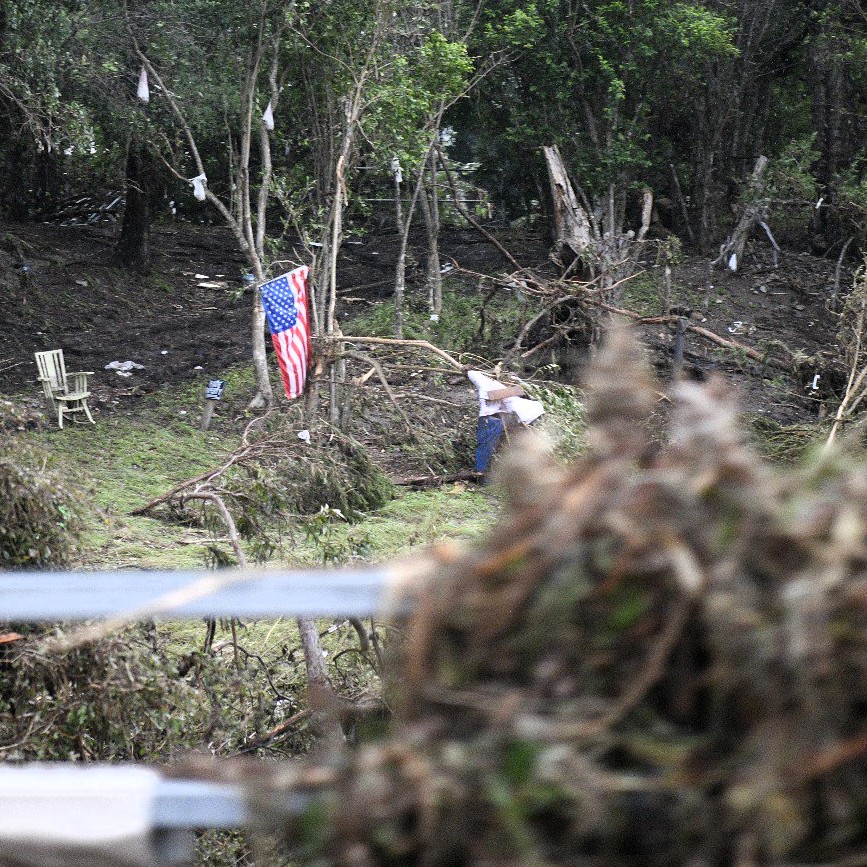
A devastating flash flood swept through the central Texas region on July 4. The Guadalupe River rose to over 25 feet, which led to massive flooding in 21 counties. One of the areas that was worst hit contained Camp Mystic in Kerr County, a Christian summer camp for girls where 27 campers and counselors perished in the flood.
The devastation killed at least 138 people (at the time of writing, three people are still missing), yet more attention is being paid to perceived government failures before and after the disaster than to the disaster itself.
Prior to the flood, locals claim that they received no alerts from the National Weather Service (NWS) and had no clue that the coming thunderstorm would lead to flooding until it was too late. While many outlets faulted the NWS and recent severe budget and staffing cuts to the organization, the NWS did release timely warnings about flash flooding.
The problem came when local authorities did not heed those warnings despite their access to PAWS—the federal government’s Public Alert and Warning System, a technology that sends safety alerts to every cell phone in an area. For example, Kerr County didn’t activate PAWS until Sunday, two days after the heavy rains that caused the flooding started to fall.
The federal government hasn’t been completely exonerated, however, as the Federal Emergency Management Agency has been criticized for being slow to respond to the disaster. Recent changes in law require Secretary of Homeland Security Kristi Noem’s personal approval for emergency response, which she didn’t give until July 8. FEMA’s perceived incompetence in this disaster isn’t limited to the Trump administration: in 2011, FEMA under Barack Obama allowed construction in what was previously deemed a high-risk flood plain, and it was in this area where the greatest loss of life occurred.
Adding to the debacle is the Texas state government, which convened a special session to pass flood relief bills that was then taken over entirely by conservative efforts to gerrymander the state congressional districts. The Texas Statehouse was also called out for not adequately funding flood warning systems over the past decade even after the Biden administration offered to pay for it.

This summer, one of the most surprising cheating scandals also became one of the hottest memes on the internet. On July 16, data analysis company Astronomer’s chief executive officer Andy Byron attended a Coldplay concert in Foxborough, Massachusetts. Instead of his wife, he brought a different guest: Astronomer’s chief people officer Kristen Cabot. Unfortunately for the cheating couple, they were captured embracing on Gillette Stadium’s jumbotron during the concert.
Instead of smiling for the camera, Cabot promptly turned around and covered her face as Byron ducked down out of sight. The odd reaction led to Coldplay lead singer Chris Martin to say, “Either they’re having an affair or they’re just really shy.”
The clip was quickly posted on TikTok, where the two were identified. The led to the video blowing up even more, which led to a surge of amusing reenactments. Of course, this event wasn’t positive for Astronomer’s image, so both Byron and Cabot resigned just a few days later with an official statement from the company.

On July 22, Ozzy Osbourne took his words “Mama, I’m Coming Home” to heart and passed away in his home in Buckinghamshire, England of a heart attack at the age of 76.
Osbourne made himself a household name after releasing the album Paranoid with Black Sabbath, which sold an estimated 9.3 million copies. Black Sabbath were pioneers of the heavy metal genre, and Ozzy continued to serve as rock’s “Prince of Darkness” even after being fired from Sabbath in 1979.
Osbourne found chart success with “Crazy Train,” “Iron Man,” “Shot in the Dark,” and “I Don’t Wanna Stop.” He also became the namesake of OzzFest, the most financially successful music festival of the early 2000s. At the same time, an older Ozzy achieved fame outside of metal by starring with his family in The Osbournes, a reality show that ran on MTV.
Osbourne was known for his struggles with drug addiction, run-ins with police, and support of progressive causes like LGBTQ+ rights and Palestinian independence. Although his music among religious groups was despised for its “satanic undertones,” his grasp on edgier music still remains relevant today. He has twice been inducted into the Rock and Roll Hall of Fame—once as a member of Black Sabbath and once as a solo artist.
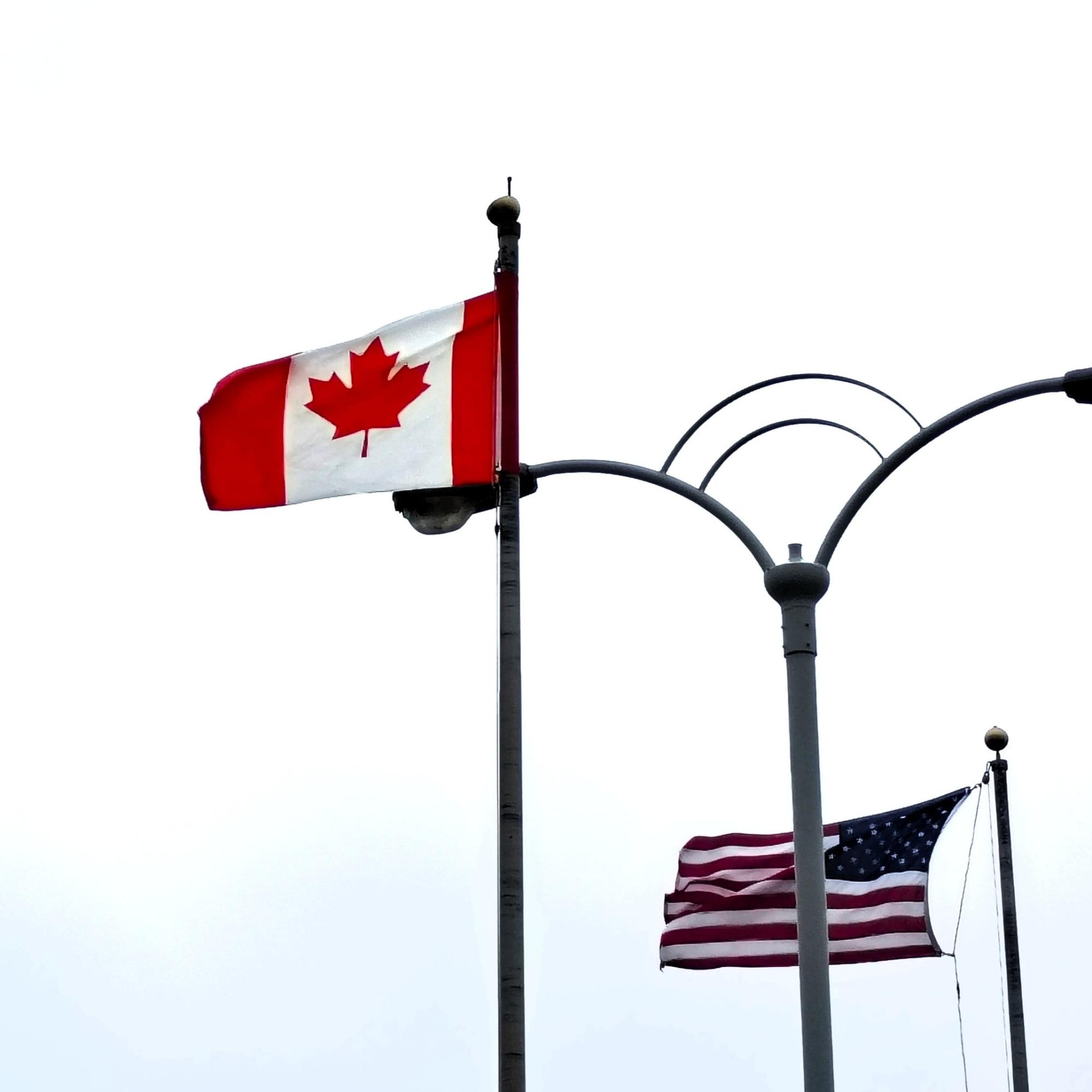
Since the day of his second inauguration, President Donald Trump has pledged to levy tariffs on imports from nearly every country. In reality, a majority of his pledged tariffs weren’t levied right away, as he kept delaying the tariffs based on “deals” he was attempting to make with each country. This attack-then-step-back approach led Trump’s critics to spread TACO on social media, short for Trump Always Chickens Out.
However, Trump didn’t TACO on August 7, the date he postponed his most massive tariffs to take effect. On that date, the Trump administration levied a 50% tariff on goods from India and Brazil; 39% on Switzerland; 35% on Canada; 30% on China and South Africa; 25% on Mexico; 20% on Vietnam and Taiwan; 19% on Indonesia, Malaysia, and Thailand; 15% on Israel, Japan, South Korea, and European Union members; and 10% on the United Kingdom and Singapore. While over 100 additional countries were also tariffed, each contributes to less than 1% of US annual imports.
Tariffs are taxes paid by the US business importing a good. In anticipation of the August 7 tariff, several US brands have announced that they will raise their prices. According to The Wall Street Journal, Walmart, Target, and Best Buy already raised prices on dozens of products earlier this summer in anticipation of the tariffs—while prices rose by an average of 35%, some products cost 51% more.
JM Smuckers announced that prices for their coffee brands, including Folgers and Maxwell House, will increase 25%. Home Depot, who claimed six months ago that tariffs would not affect their prices at all, announced on August 17 that they will increase costs for paint and wood imported from Canada.
Vegetables are up in price by around 40%, the cost to build a house has increased 2% month over month, and the average price of a new car in the US ($48,841 as of July 2025) is near its all-time high.
Additionally, some companies are cutting jobs to afford the new tariff costs. John Deere cited tariffs as the reason they will cut over 200 US jobs by the end of the year. UPS announced that a reduction in packages due to tariffs has forced them to lay off around 20,000 US drivers and warehouse workers.
The de minimis exception to tariffs was also suspended on August 28. This rule allowed imports worth less than $800 to come into the country without paying a tariff and completing all the related tax paperwork. Over four million of these packages ship directly to consumers from foreign sellers every day, and low-cost, high-volume retailers like Amazon, Temu, Etsy, and Shein depend on the de minimis exemption to stay profitable.
In response to this new tariff, shipper DHL and postal services in 25 countries at time of writing have suspended package delievery to the US (though letter and card delievery is still allowed). These countries include Australia, France, Germany, India, Italy, Japan, New Zealand, Norway, Russia, Singapore, South Korea, Spain, Taiwan, Thailand, and the United Kingdom.

Roblox became one of the most popular online gaming platforms in the world by appearing fun, colorful, and kid-friendly. But like any place where mostly children gather online, Roblox sees adult predators use the platform to find abuse victims. To counteract this, some adult users of Roblox pretend to be children to lure in and catch these predators before they harm an actual child.
One of these users was a 22-year-old named Schlep, who has spent the last two-and-a-half years posting Roblox liveplays on YouTube, where he would expose illegal content on the platform, bugs and hacks that were making the platform unsafe, and Roblox’s censorship of some of its creators. Schlep’s channel exploded in popularity when he started catfishing predators and posted their filmed interactions.
Schlep’s efforts led to the arrest of six predators. Schlep (whose real name is Michael) explained, “Either during the catch or before the catch, we would let the police department know what’s going on.” His efforts even caught the attention of Chris Hansen, the host of the old To Catch a Predator TV show.
These efforts made Schlep a respected figure in the Roblox community, but despite this, Roblox suspended Schlep’s account on August 10. Roblox justified this by saying “vigilante behavior creates an unsafe environment for users.”
Critics in the Roblox community, however, claim Roblox banned Schlep because it didn’t like Schlep exposing its predator problem. While users on the site are supposed to be at least 13 years old, 40% of its estimated 82 million daily active users are 12 and younger. These breaches in safety have led to lawsuits by parents in 11 states as well as suits from the attorneys general of Louisiana and New York.
Schlep’s ban sparked major controversy in the Roblox community. Several popular content creators left the Roblox Star Program and openly criticized Roblox for the decision.
While it’s still uncertain whether Schelp will ever get his account back, it hasn’t stopped his work as an online safety advocate. Schlep’s story has brought Roblox’s issues to mainstream attention, and he’s given interviews on TV and to Rolling Stone.
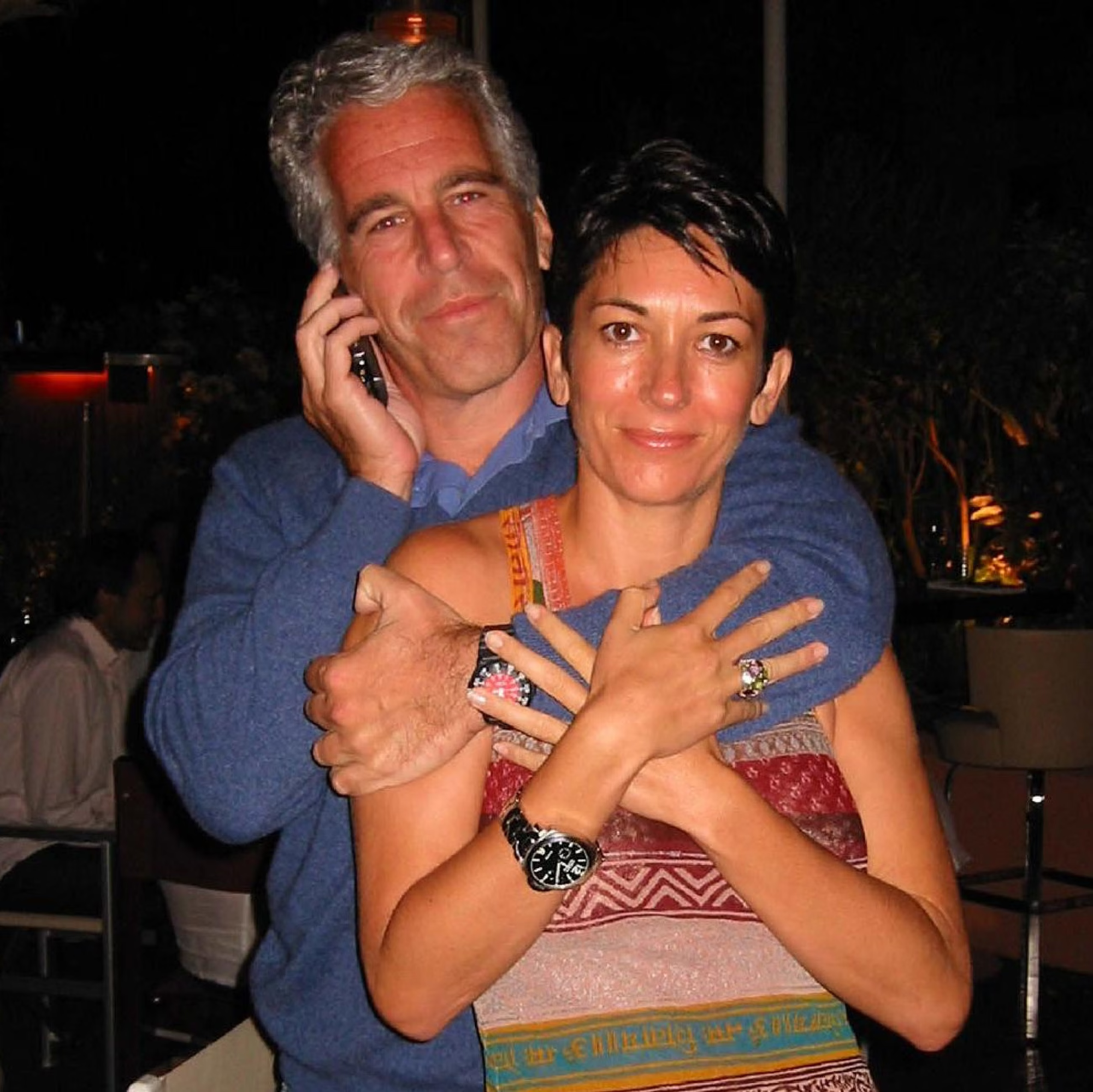
The most pernicious political story of the summer entered a new chapter on August 22 when the Trump administration turned over the first set of the highly sought after files from the Epstein case to Congress.
Jeffrey Epstein was a popular American financier in the 1990s and 2000s. He and his socialite girlfriend Ghislaine Maxwell attended parties with every well-known politician, professional athlete, musician, and Hollywood actor during his heyday. However, Epstein and Maxwell had a dark secret: they operated a child sex trafficking on Epstein’s private island.
Epstein was first charged with molesting a minor in Florida in 2005. Epstein used his connections to secure a plea deal in 2008 through US Attorney Alex Acosta and the Bush administration. He was sentenced to just 18 months in a minimum security prison (of which he served 13).
Ten years later, The Miami Herald ran a series of stories criticizing how Acosta (now Secretary of Labor for Donald Trump) mishandled the Epstein case. This led to public outcry that Epstein needed to be investigated again. The new case the government built against Epstein and Maxwell became known as “the Epstein files.”
In July 2019, New York federal prosecutors charged Epstein with sex trafficking and arrested him. A month later on August 10, Epstein was found dead in his cell. While Epstein’s death was ruled a suicide, conspiracies abounded online that he was murdered to keep him from testifying against one of his rich, well-connected clients.
After judges put the Epstein files under seal until 2025, releasing the Epstein files to the public became part of Donald Trump’s 2024 platform for the presidency. After Trump was reelected, newly appointed Attorney General Pam Bondi told the public that the Epstein files “were sitting on her desk” and would soon be released.
After four months of waiting for the files to go public, demand for them hit a fever pitch with the public on June 5. That afternoon, presidential adviser Elon Musk posted on social media that Donald Trump was named in the Epstein case.
Trump’s connection to Epstein was well-known—Epstein helped finance some of Trump’s businesses, was a member of Mar-a-Lago, and considered Trump his best friend for a time—but Trump’s refusal to discuss Epstein and the administration’s stonewalling regarding the files kept the case and Trump’s involvement in the news.
After weeks of mounting pressure and the revelation that the FBI had a team of 1,000 agents redact every mention of Trump’s name in the Epstein files, Congress subpoenaed the Epstein files from the Department of Justice, and on August 22, they delivered the “first batch” of over 33,000 pages to the Capitol.
-
 NewsThe Global Project Wants to Sell Daylight
NewsThe Global Project Wants to Sell Daylight -
 NewsShutdown Ends, But Airport Issues Continue
NewsShutdown Ends, But Airport Issues Continue -
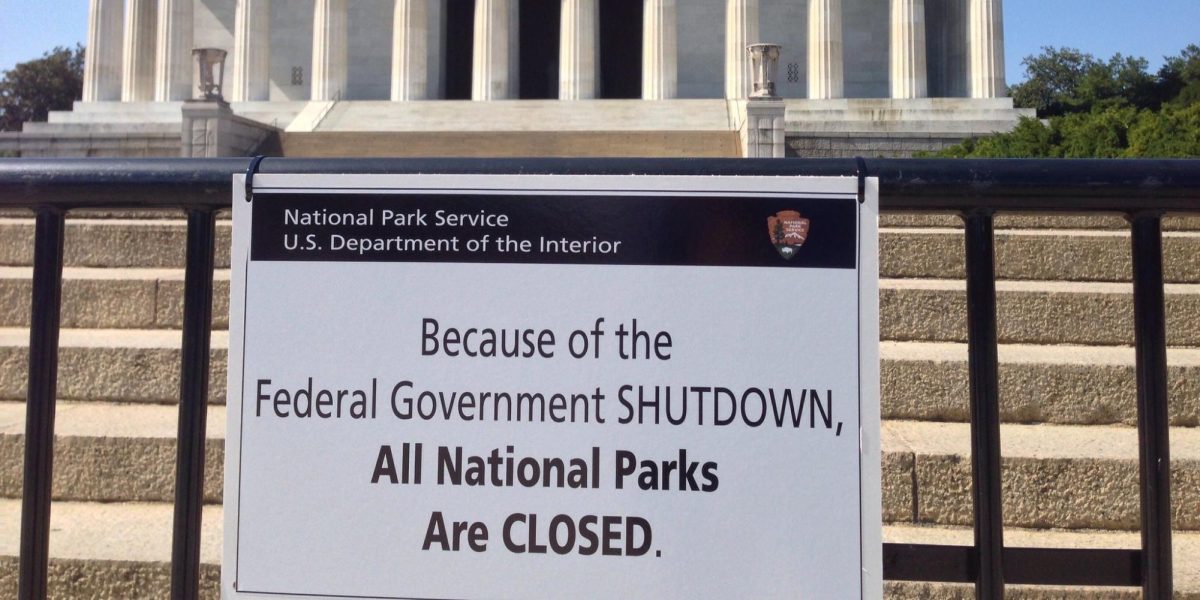 NewsLongest Government Shutdown in History Ends
NewsLongest Government Shutdown in History Ends -
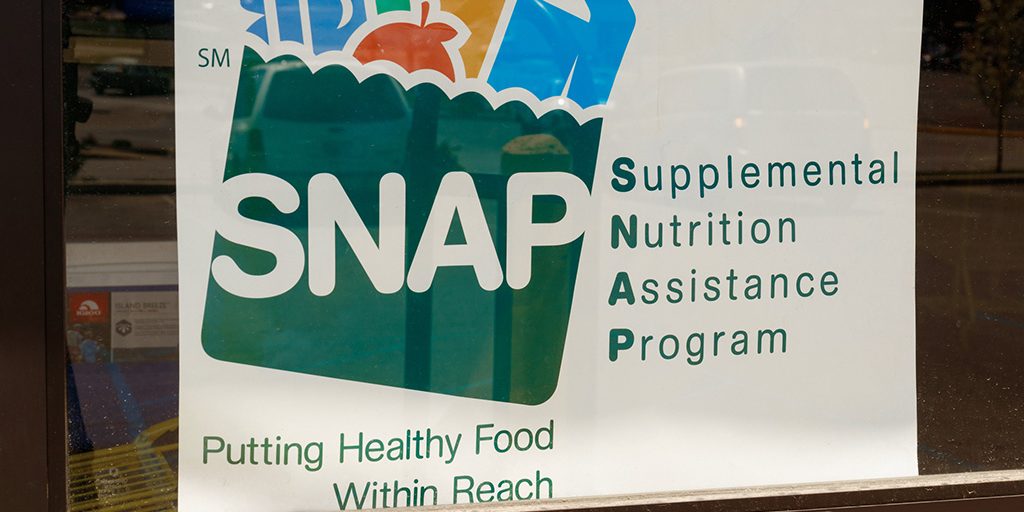 NewsSNAP: A Necessity We Require
NewsSNAP: A Necessity We Require -
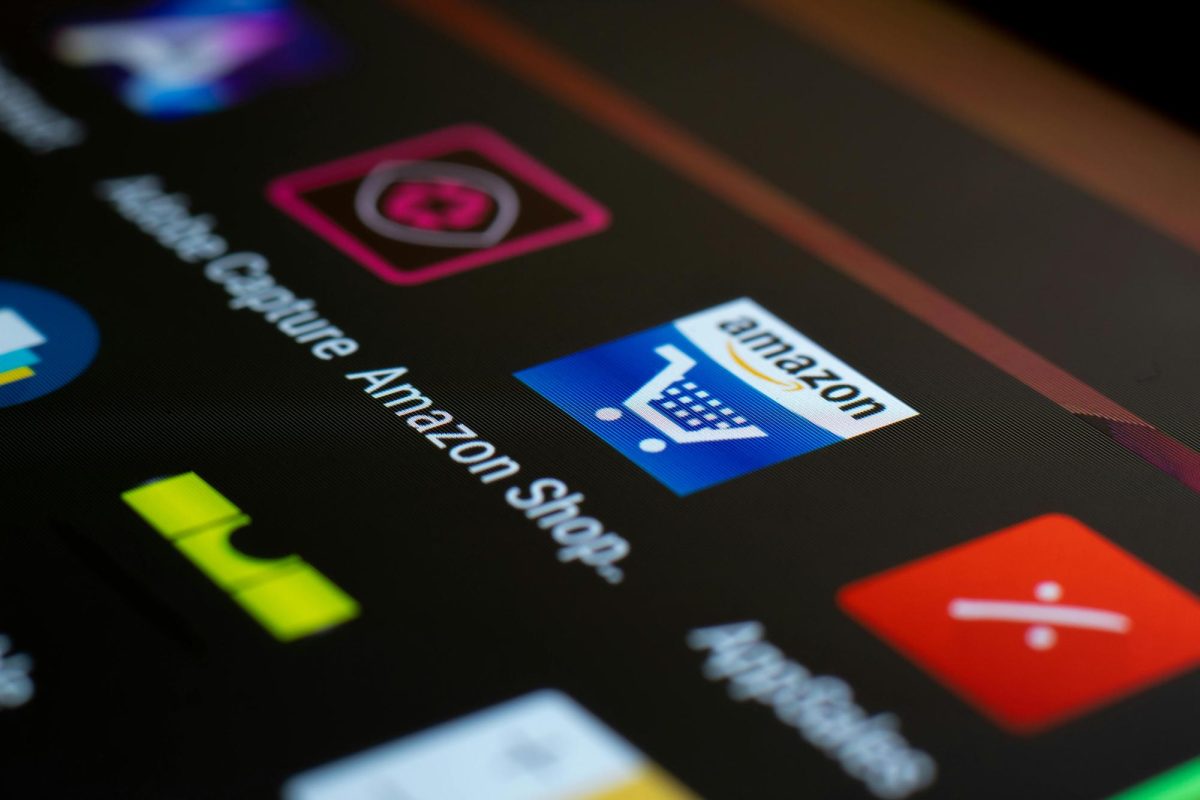 NewsAmazon Web Services Cloud’s Outage
NewsAmazon Web Services Cloud’s Outage -
 NewsNBA Faces New Gambling Allegations
NewsNBA Faces New Gambling Allegations -
 NewsCU Fined $50K for Anti-Mormon Incident at BYU game
NewsCU Fined $50K for Anti-Mormon Incident at BYU game -
 NewsNo Kings Protest Makes Waves Across the Nation
NewsNo Kings Protest Makes Waves Across the Nation -
 NewsCOVID-19 on the Rise in Weld County
NewsCOVID-19 on the Rise in Weld County -
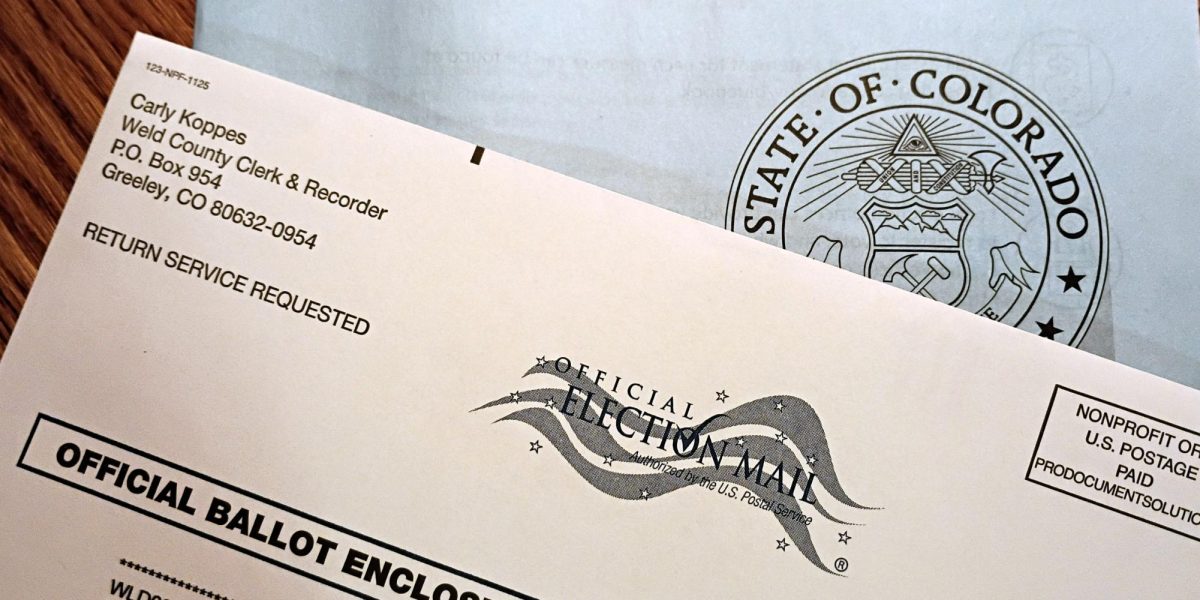 NewsThe Lantern’s Student Voting Guide, 2025
NewsThe Lantern’s Student Voting Guide, 2025

